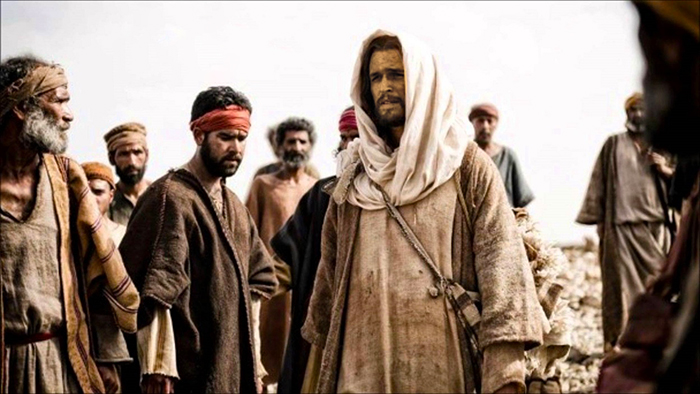
Fr. Rolheiser writes that many people think of the name “Jesus Christ” as we think of names like “Susan Parker” or “Jack Smith.” But that’s an unhealthy confusion. Jesus didn’t have a second name. The word “Christ” is a title which, while it includes the person of Jesus, speaks of something broader than Jesus alone. What’s the difference between “Jesus” and “Christ”? Jesus refers to a concrete person who, though the Second Person within the Godhead, walked this earth for 33 years and is still today someone whom we understand and relate to as an individual person. Christ refers to something more significant, namely, the vast mystery of both creation and salvation of which Jesus, as the Christ, plays the foundational role but which includes the Eucharist, the Christian community, the historic Christian churches, the community of all sincere people who walk this planet, and physical creation itself. Jesus is a person we seek to be in a relationship, in friendship and intimacy with, while Christ is a mystery of which we and all creation are part and within which we participate. So, should we be focused on the teaching of Jesus or the person of Jesus? Are we more focused on Jesus or Christ? In terms of a large over-generalization, we might say that Roman Catholicism and mainline Protestantism have tended to focus more on the teachings of Jesus and the demands of discipleship that flow from those teachings than they have on the person of Jesus himself. In the Evangelical tradition, the emphasis has been and continues to be on the person of Jesus and our individual relationship with him. In fairness, both traditions also include the other dimension. Roman Catholics and mainline Protestants haven’t ignored the person of Jesus, and Evangelicals haven’t neglected the teachings of Jesus, but, in both cases, one has been more central than the other. But Christian discipleship clearly asks for both intimacy with Jesus and attention to what he taught, personal piety and social justice, firm loyalty to one’s own ecclesial family, and the capacity to embrace all others of sincere heart as one’s faith family. Soren Kierkegaard once suggested that Jesus really wants followers, not admirers. That’s spoken as a true mainline Protestant. Evangelicals wouldn’t disagree but would argue that Jesus really wants an intimate relationship with us. The earliest preachers of the Gospel would agree with both Kierkegaard and the Evangelicals. We need to proclaim both the message of Jesus and Jesus himself.
